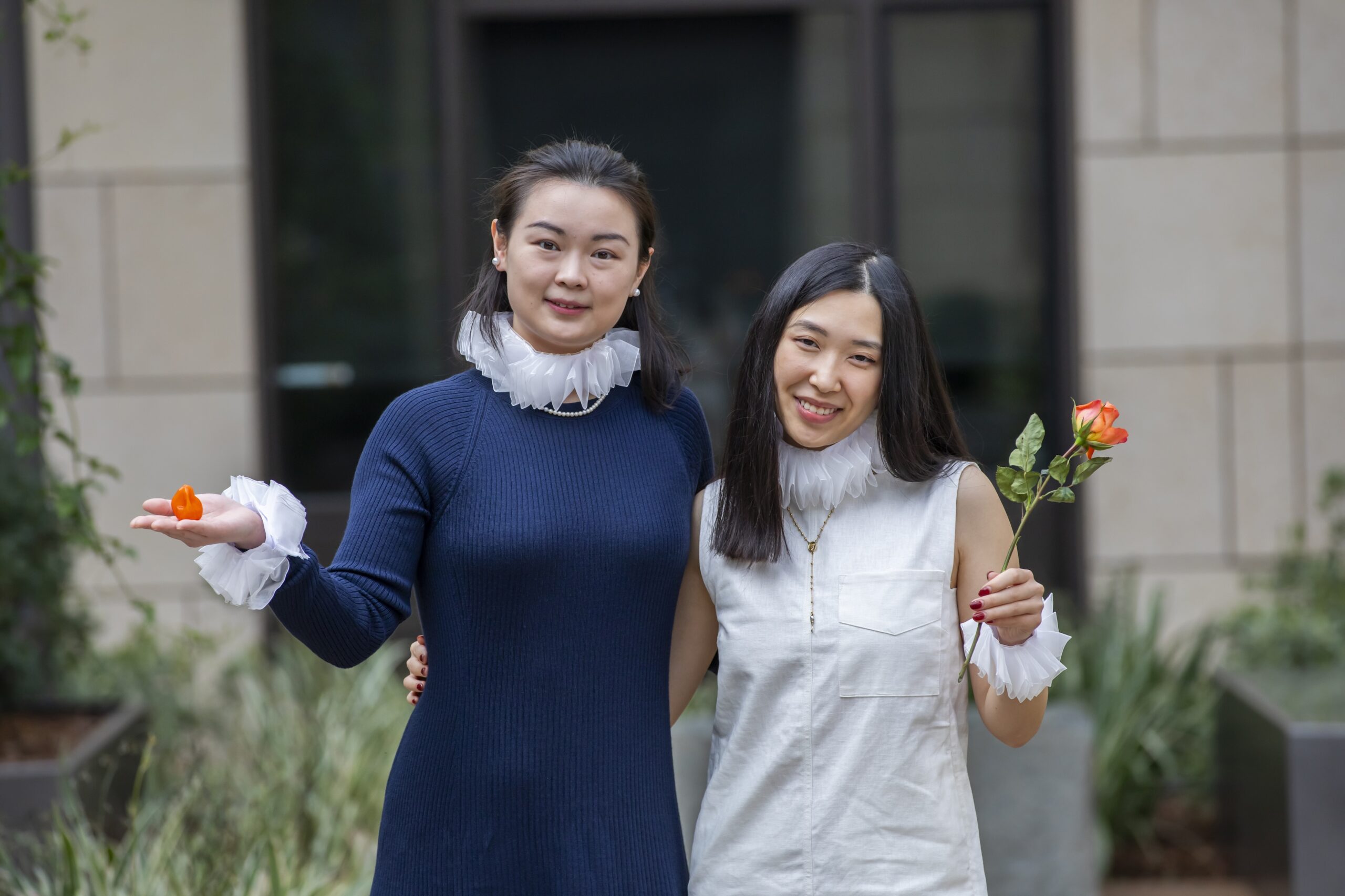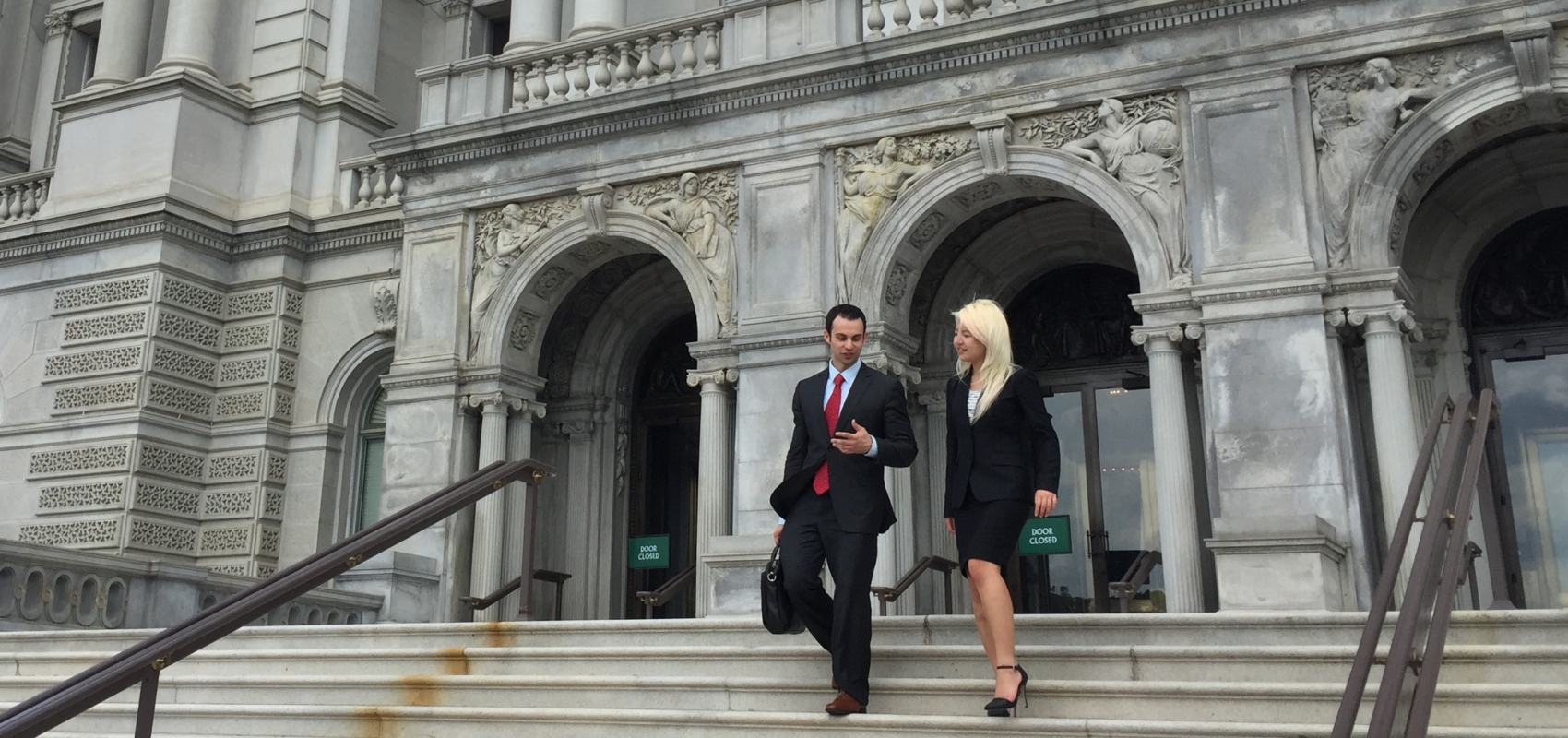Our Students’ Work

Over the last few years, Juelsgaard Clinic students have drafted and submitted over 25 amicus briefs to the Supreme Court (and several times traveling to Washington, DC, to attend oral arguments), plus amicus briefs to the Federal, DC, Second, Third, Fourth, Ninth, and Eleventh Circuits and several federal district courts; and amicus submissions to the California Supreme Court, the European Court of Human Rights, and the Organization for Security and Cooperation in Europe. Students filed major comments to the US Patent Office on diversity and representation in innovation, to the FTC and CFPB on bias in the use of AI tenant screening tools, to the USPTO on AI inventorship, to the FTC on a proposed ban on non-compete agreements, to the US NTIA on AI Accountability, to the Copyright Office on DMCA Section 512 and 1201 and software copyright, and to the FDA on genetic testing and personalized medicine. Students traveled to Copyright Office roundtables in Washington, DC, Los Angeles, and San Francisco to present several rounds of live testimony. And they prepared and published public whitepapers aimed at tech startups explaining alternative, innovation-friendly patent licensing practices, and counseled numerous individual clients about fair use, first-sale and contractual issues, open source hardware and content licensing, innovative patent strategy, copyright and trademark registrations, and more.

